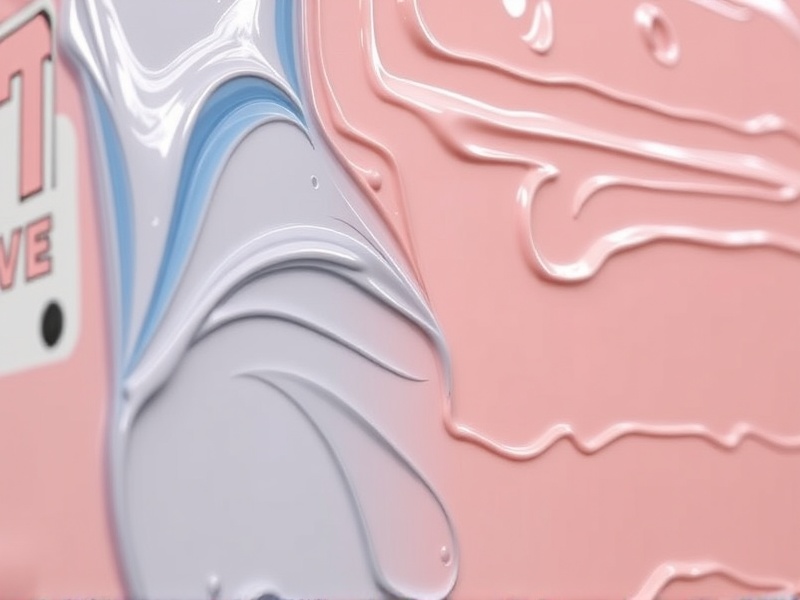Our Location
304 North Cardinal St.
Dorchester Center, MA 02124

Composite paints have revolutionized the world of coatings with their unique blend of materials that offer superior performance over traditional paints. These innovative paints combine multiple components to achieve a balance between durability, flexibility, and aesthetics. Recent advancements in composite paint technology are pushing the boundaries even further, introducing features such as self-healing properties, enhanced UV resistance, and other cutting-edge functionalities that significantly improve their overall performance.
One of the most exciting developments in composite paint technology is the introduction of self-healing paints. These advanced coatings contain microcapsules filled with healing agents that are activated when the paint surface is scratched or damaged. Upon rupture of these microcapsules, the healing agent seeps out and fills the cracks, effectively repairing the damage and restoring the paint’s integrity. This feature not only extends the lifespan of the painted surface but also reduces maintenance costs, making it an attractive option for both residential and commercial applications. For more insights into self-healing paints, refer to this study.
Exposure to ultraviolet (UV) radiation from sunlight can cause significant degradation of paint finishes, leading to fading, chalking, and loss of adhesion. To combat this issue, researchers have developed composite paints with enhanced UV resistance. These paints incorporate specialized pigments and additives that absorb or reflect UV rays, preventing them from penetrating the paint layer and damaging the underlying substrate. This feature is particularly valuable for outdoor applications where the paint is exposed to prolonged periods of sunlight, ensuring that the finish remains vibrant and durable over time. Learn more about UV-resistant coatings in this article.
Beyond self-healing and UV resistance, composite paints are incorporating a range of other innovative features designed to meet diverse needs. These include thermal insulation properties that help regulate temperature, antimicrobial additives that prevent mold and mildew growth, and even self-cleaning capabilities that use photocatalytic processes to break down dirt and pollutants. Each of these features adds a new dimension to the functionality of composite paints, making them indispensable in modern construction and design projects.
As we look ahead, the future of composite paint technology appears promising, with ongoing research and development likely to introduce even more advanced features. The integration of self-healing properties, enhanced UV resistance, and other cutting-edge functionalities not only enhances the performance of composite paints but also opens up new possibilities for their application across various industries. As these technologies continue to evolve, they will undoubtedly play a crucial role in shaping the way we protect and decorate our built environment.